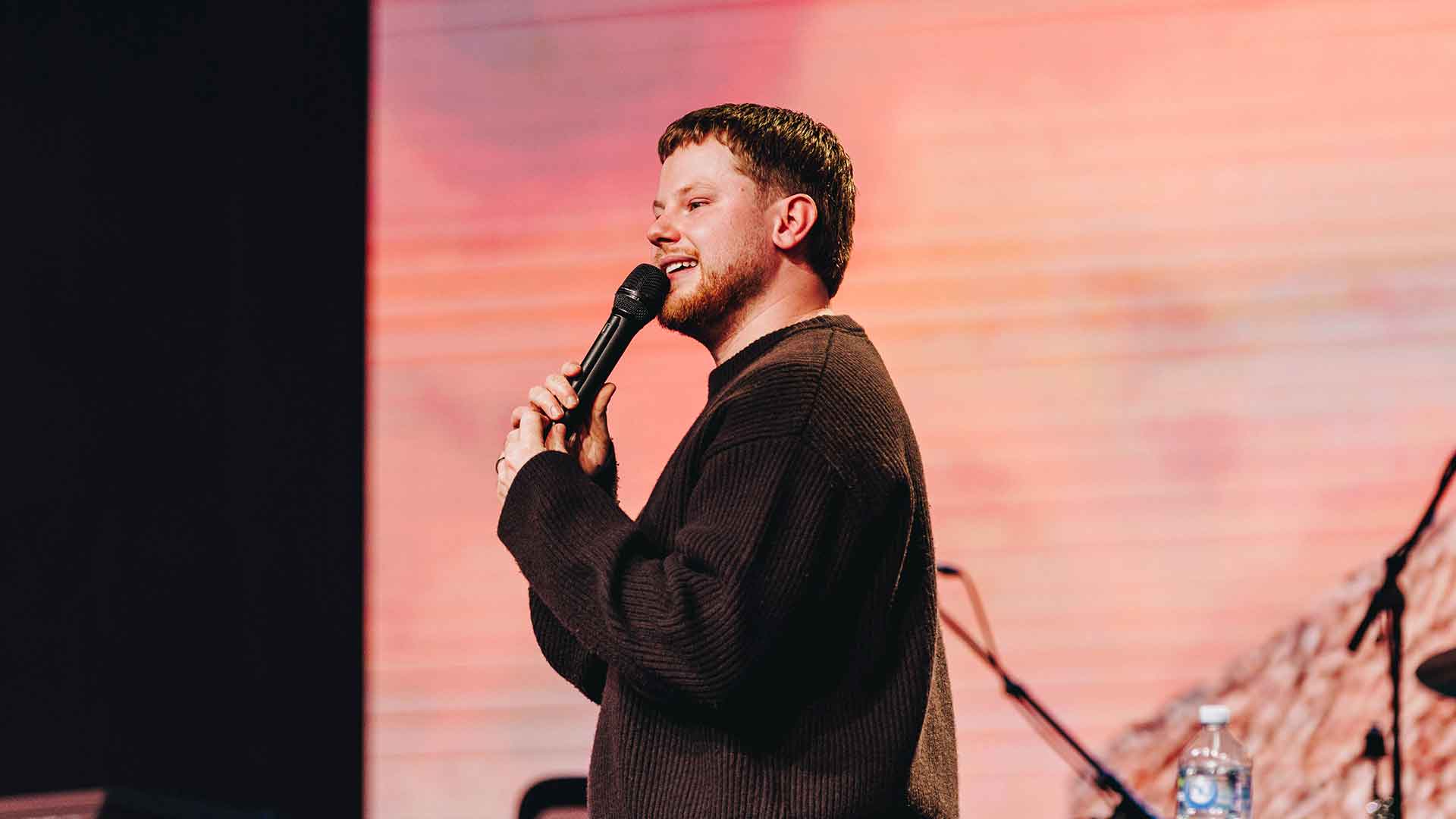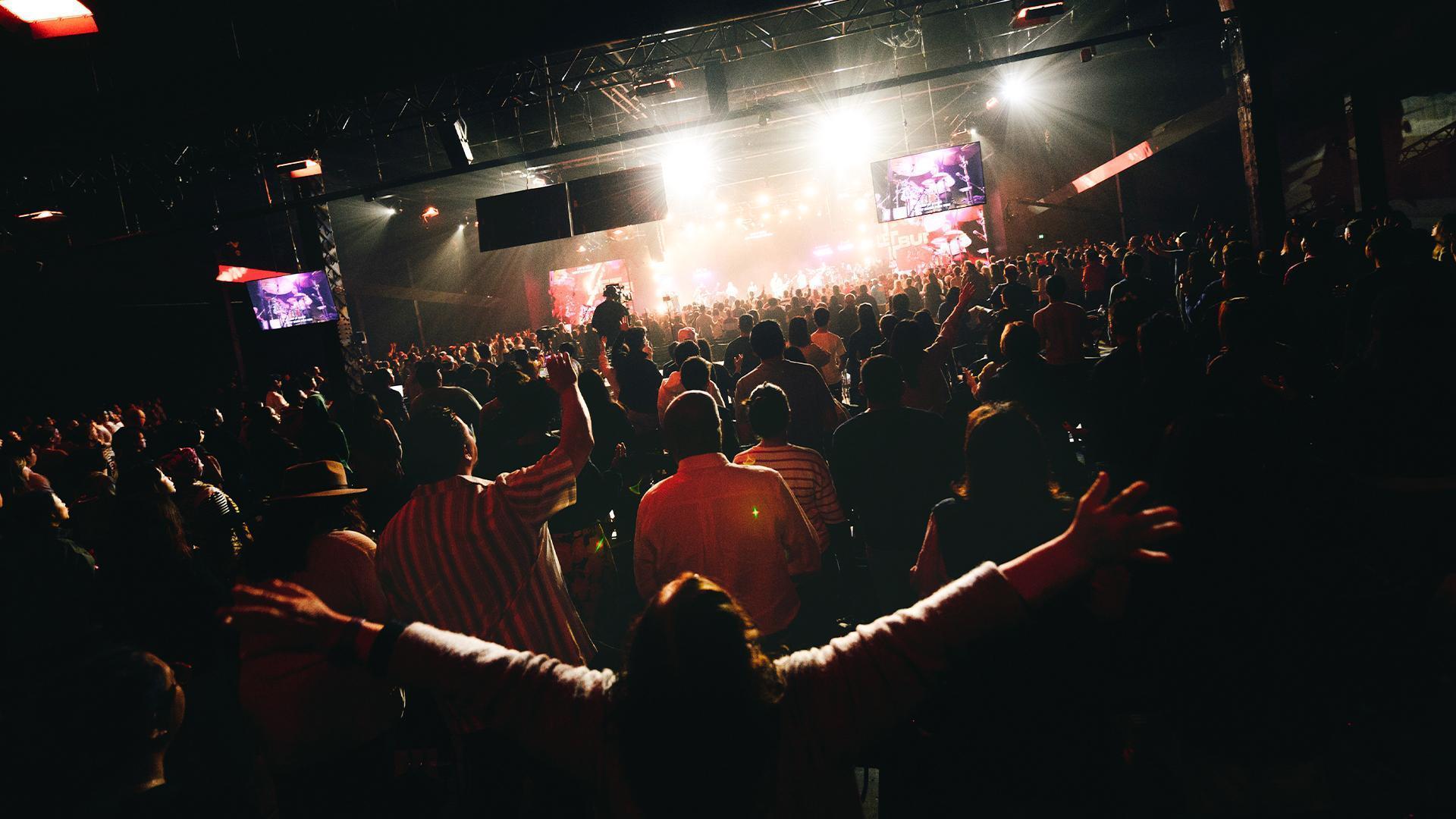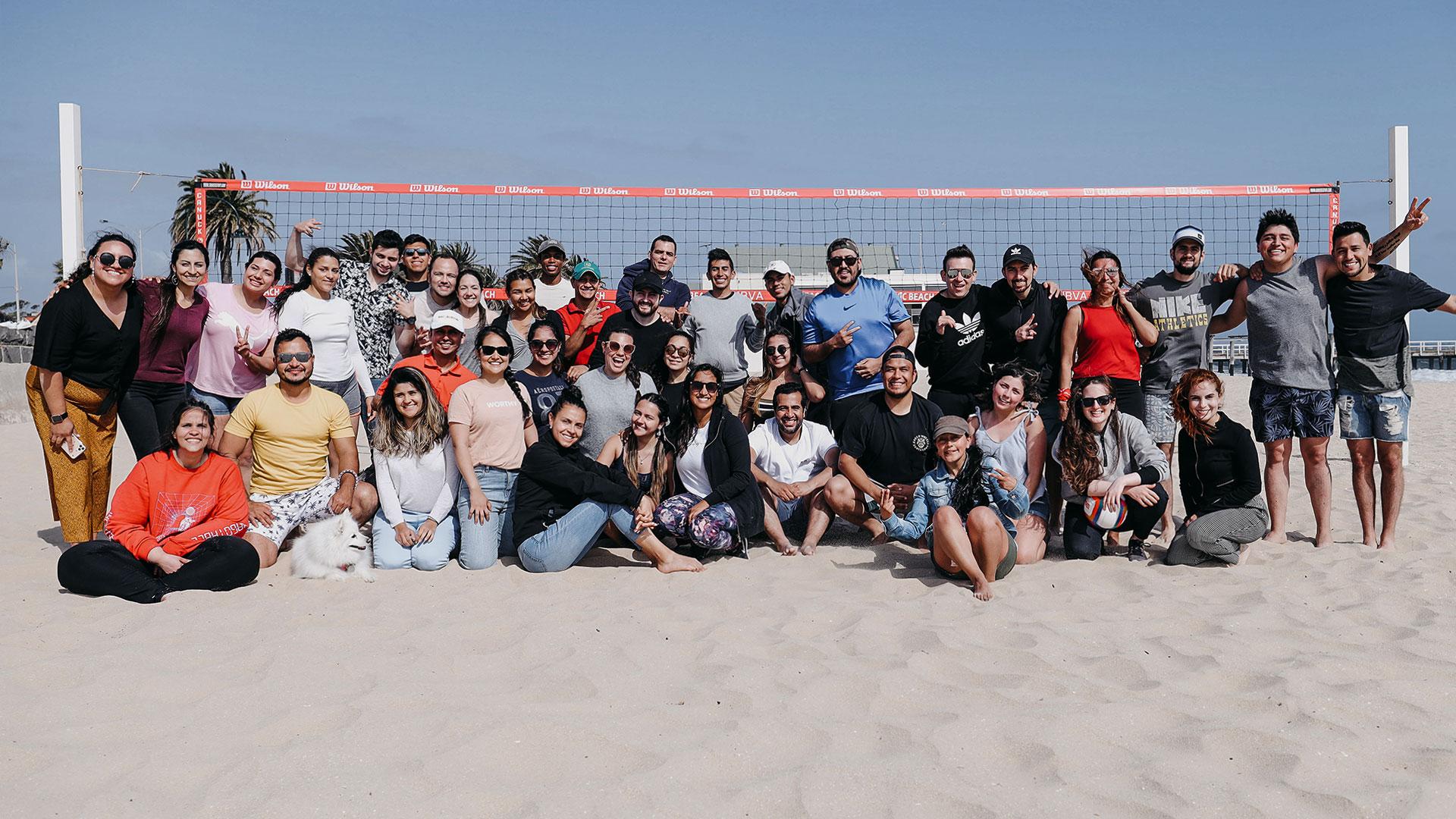Lately, it’s undeniable—God is moving powerfully in our church. We’ve seen miracles, breakthroughs, and lives transformed. But let me challenge you: don’t settle. Don’t treat a single touch from God like it’s enough to get you through the next few months. Let’s stir up a hunger for more—not just more experiences, but more of Him. More of His presence. More of His heart. The cry of my heart tonight is simple: “Show me your ways.”
“And Isaac dug again the wells of water which they had dug in the days of Abraham his father, for the Philistines had stopped them up after the death of Abraham. He called them by the names which his father had called them. Also Isaac’s servants dug in the valley, and found a well of running water there. But the herdsmen of Gerar quarreled with Isaac’s herdsmen, saying, “The water is ours.” So he called the name of the well Esek, because they quarreled with him. Then they dug another well, and they quarreled over that one also. So he called its name Sitnah. And he moved from there and dug another well, and they did not quarrel over it. So he called its name Rehoboth, because he said, “For now the LORD has made room for us, and we shall be fruitful in the land.” Then he went up from there to Beersheba. And the LORD appeared to him the same night and said, “I am the God of your father Abraham; do not fear, for I am with you. I will bless you and multiply your descendants for My servant Abraham’s sake.” So he built an altar there and called on the name of the LORD, and he pitched his tent there; and there Isaac’s servants dug a well.”
— Genesis 26:18–25 NKJV
Isaac re-dug the wells of his father Abraham—but each time he tried to rely on what his father had done, problems came up. It wasn’t until he dug a fresh well and named it Rehoboth (“God has made room for us”) that peace came.
In the same way, we can’t live off someone else’s walk with God. Yes, we’re blessed by the legacy of pastors, leaders, even our families—but we must dig our own wells. If we don’t, we’ll live off puddles when God is offering us rivers of living water. That means turning off distractions—whether it’s Netflix, socials, or just busyness—and making space for God. Not for show, not to tick a box, but to truly seek Him. Alone. In the secret place.
Let’s not be satisfied with a taste of God when He’s offering a feast. Let’s prioritise being in His presence, laying aside the flesh, and letting Him fill us daily. That’s what it means to dig deep.
“Then the LORD said to Moses, “Depart and go up from here, you and the people whom you have brought out of the land of Egypt, to the land of which I swore to Abraham, Isaac, and Jacob, saying, ‘To your descendants I will give it.’ And I will send My Angel before you, and I will drive out the Canaanite and the Amorite and the Hittite and the Perizzite and the Hivite and the Jebusite. Go up to a land flowing with milk and honey; for I will not go up in your midst, lest I consume you on the way, for you are a stiff-necked people.” And when the people heard this bad news, they mourned, and no one put on his ornaments. For the LORD had said to Moses, “Say to the children of Israel, ‘You are a stiff-necked people. I could come up into your midst in one moment and consume you. Now therefore, take off your ornaments, that I may know what to do to you.’ ” So the children of Israel stripped themselves of their ornaments by Mount Horeb. LORD Moses took his tent and pitched it outside the camp, far from the camp, and called it the tabernacle of meeting. And it came to pass that everyone who sought the LORD went out to the tabernacle of meeting which was outside the camp. So it was, whenever Moses went out to the tabernacle, that all the people rose, and each man stood at his tent door and watched Moses until he had gone into the tabernacle. And it came to pass, when Moses entered the tabernacle, that the pillar of cloud descended and stood at the door of the tabernacle, and the LORD talked with Moses. All the people saw the pillar of cloud standing at the tabernacle door, and all the people rose and worshiped, each man in his tent door. So the LORD spoke to Moses face to face, as a man speaks to his friend. And he would return to the camp, but his servant Joshua the son of Nun, a young man, did not depart from the tabernacle. Then Moses said to the LORD, “See, You say to me, ‘Bring up this people.’ But You have not let me know whom You will send with me. Yet You have said, ‘I know you by name, and you have also found grace in My sight.’ Now therefore, I pray, if I have found grace in Your sight, show me now Your way, that I may know You and that I may find grace in Your sight. And consider that this nation is Your people.” And He said, “My Presence will go with you, and I will give you rest.” Then he said to Him, “If Your Presence does not go with us, do not bring us up from here. For how then will it be known that Your people and I have found grace in Your sight, except You go with us? So we shall be separate, Your people and I, from all the people who are upon the face of the earth.” So the LORD said to Moses, “I will also do this thing that you have spoken; for you have found grace in My sight, and I know you by name.” And he said, “Please, show me Your glory.” Then He said, “I will make all My goodness pass before you, and I will proclaim the name of the LORD before you. I will be gracious to whom I will be gracious, and I will have compassion on whom I will have compassion.” But He said, “You cannot see My face; for no man shall see Me, and live.” And the LORD said, “Here is a place by Me, and you shall stand on the rock.”
— Exodus 33:1–21
I love this part of Scripture where God tells Moses, “I’ll send an angel to go before you. You’ll enter the Promised Land. You’ll receive all the blessings.” But Moses says, “If You don’t go with us, I don’t want it.”
Wow. That’s it, right there. It’s not about the blessings. It’s not about the breakthroughs. It’s about the presence of God. Moses understood the heart of it all—to know God face to face, not just through what He does, but for who He is.
That’s the cry of my heart too: “Show me Your glory, Lord. I don’t want the Promised Land if You’re not in it.” It’s not a transactional relationship. It’s a friendship. God wants to walk with us, speak to us, and know us deeply. That’s where everything changes—where healing happens, where freedom is found.
So Church, let’s make this our prayer: “Show me Your ways.” Not because we want something from God, but because we want God. Let’s be a people who won’t move without His presence. Who won’t be content with borrowed faith. Who dig deep and live face to face with Him.
We don’t want to move without You. We don’t want the blessings without the blesser. Show us Your ways. Teach us to seek You deeply and daily. Let Your presence be our desire, our priority, and our pursuit.
In Jesus’ name, Amen.






